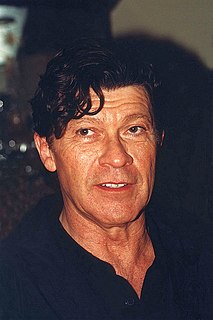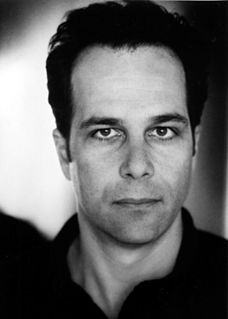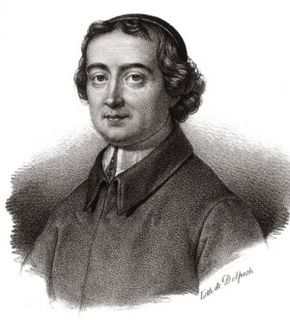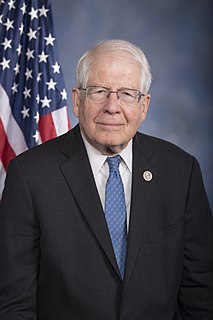A Quote by Anais Nin
Innocence was gone from all our acts. Our habitual state of rebellion became a serious political crime.
Related Quotes
If it comes to a question of law, the charges they brought against me - the Espionage Act - is called the quintessential political crime. A political crime, in legal terms, is defined as any crime against a state, as opposed to against an individual. Assassination, for example, is not a political crime because you've killed a person, an individual, and they've been harmed; their family's been harmed. But the state itself, you can't be extradited for harming it.
We lost our innocence in the Fall, and our turn to it is through the Redemption which was brought about by Christ's death and by our slow participation in it. Sentimentality is a skipping of this process in its concrete reality and an early arrival at a mock state of innocence, which strongly suggests its opposite.
The Band was rebelling against the rebellion. The rebellion went to a place where it became too obvious, too trendy, like you were just following the pack. So it was our choice to get off the bandwagon - no pun intended - and do things that were in our background and what was the most honest thing to do.
I think that for those of us who come from oppressed backgrounds and who do our work in marginalized communities, recovering our innocence is one of the most important acts of self-liberation and de-colonization. Not letting the requirement that we adapt to impossible circumstances and unconscionable crimes leave us shackled to the kind of cynicism and armor such that we can't breathe and laugh and magnetize to ourselves all the genius and love and support that we need to transform the situation. That's probably the biggest challenge, is to recover our innocence.
So the city became the material expression of a particular loss of innocence – not sexual or political innocence but somehow a shared dream of what a city might at its best prove to be – its inhabitants became, and have remained, an embittered and amnesiac race, wounded but unable to connect through memory to the moment of injury, unable to summon the face of their violator.
I've never struggled with that at all....in the state of Texas, if you come into our state and you kill one of our children, you kill a police officer, you're involved with another crime and you kill one of our citizens, you will face the ultimate justice in the state of Texas, and that is, you will be executed.
Slave camps under the flag of freedom, massacres justified by philanthropy or the taste of the superhuman, cripple judgment. On the day when crime puts on the apparel of innocence, through a curious reversal peculiar to our age, it is innocence that is called on to justify itself. The purpose of this essay is to accept and study that strange challenge.
Our lives are led, and our decisions made, within a network of needs and wants, some natural, some arising from the acts of others, some aggravated by the acts of the state. We are all bored, or threatened, or tantalized in differing degrees by a perilous world, some hostile people, and a not very sensitive government.
God loved us, and to prove it to us became human in order to become our brother in the flesh. He became poor, the poorest of the poor, in order to be able to include us all as his brothers (and sisters). He became a little child in order to be like children, even born, children from the slums.
God has loved us and has given us all that he is and has. The Father gave the Son, the Son gave his very self, the Holy Spirit became our habitual sanctifier.... How grateful I should be to this kind Savior!







































